Britain and India: A bright future?
As India commemorates 70 years since partition, can the UK forge a new relationship post-Brexit?
A free daily email with the biggest news stories of the day – and the best features from TheWeek.com
You are now subscribed
Your newsletter sign-up was successful
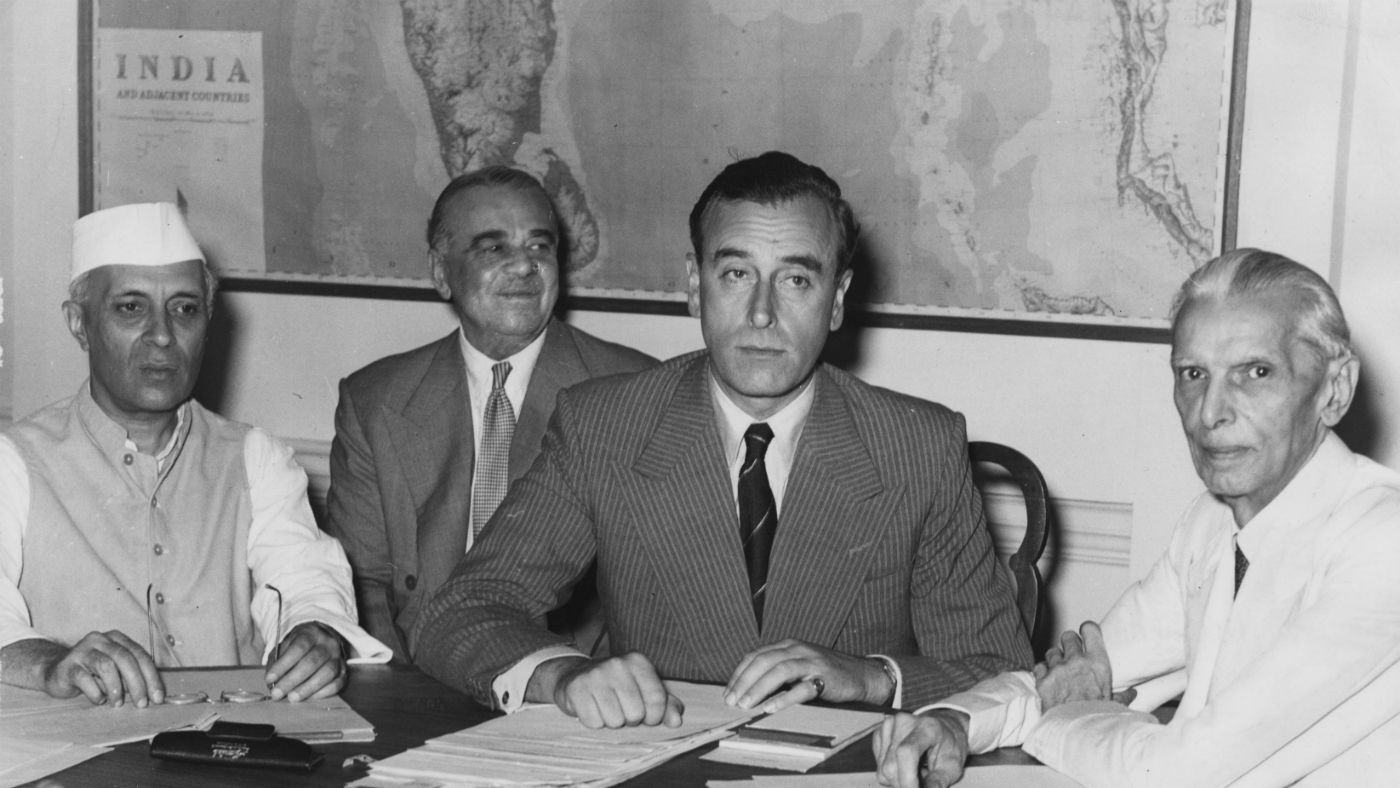
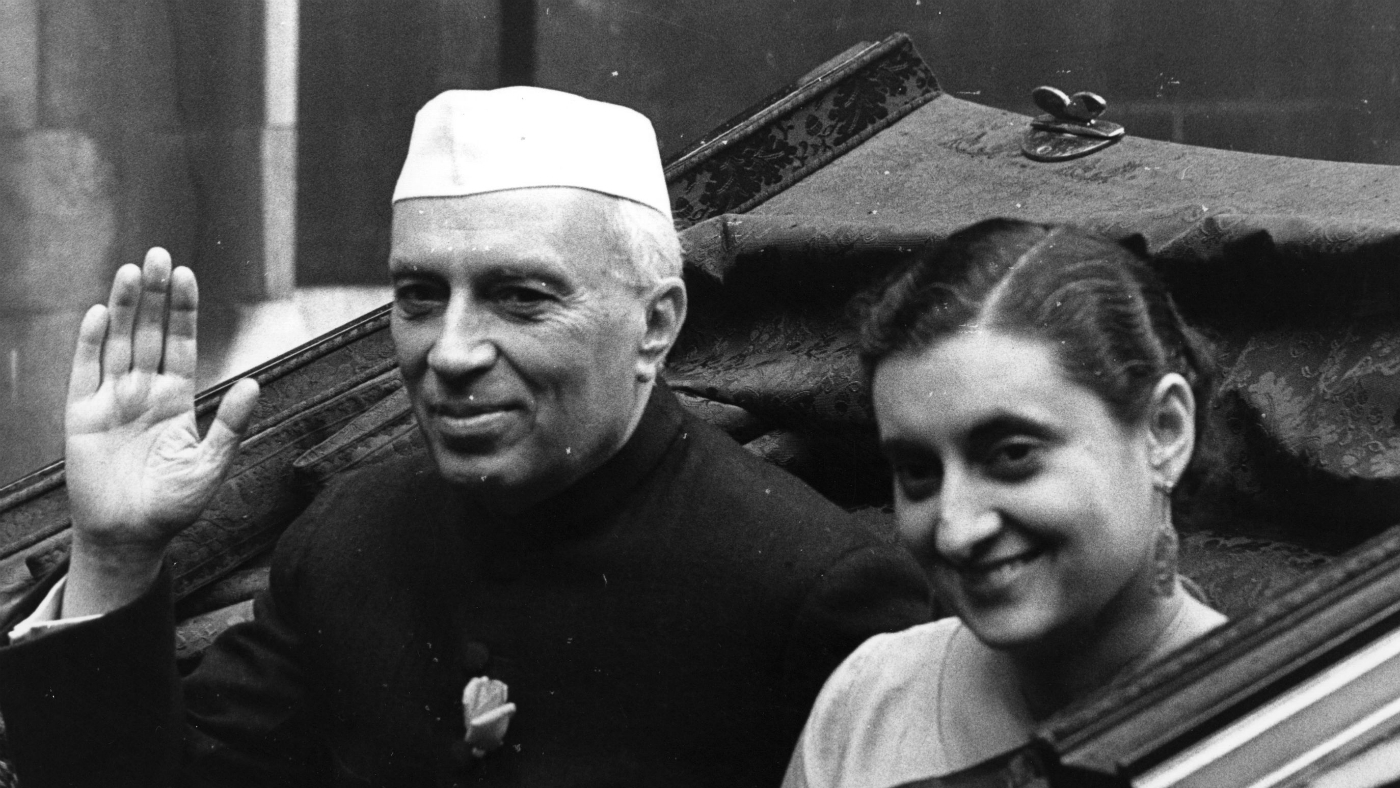

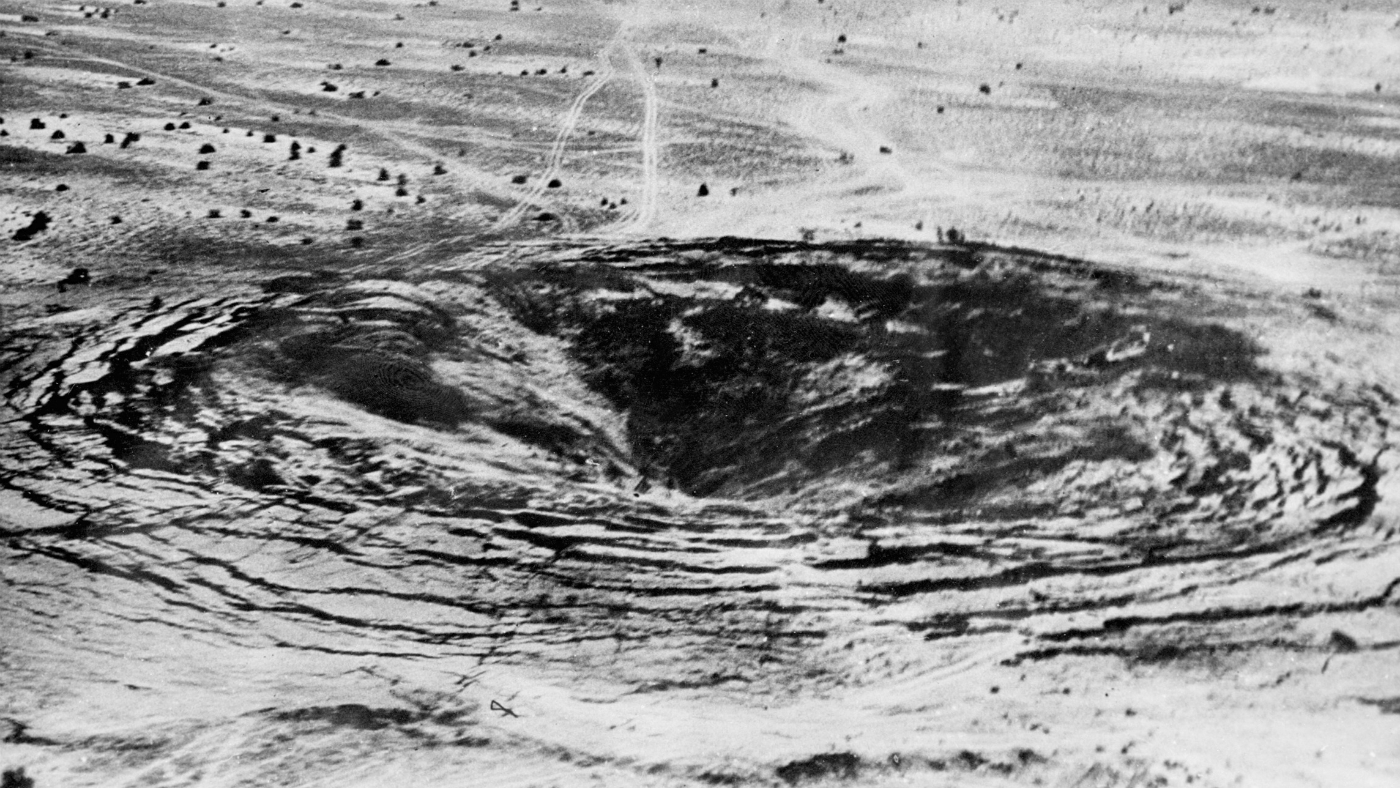

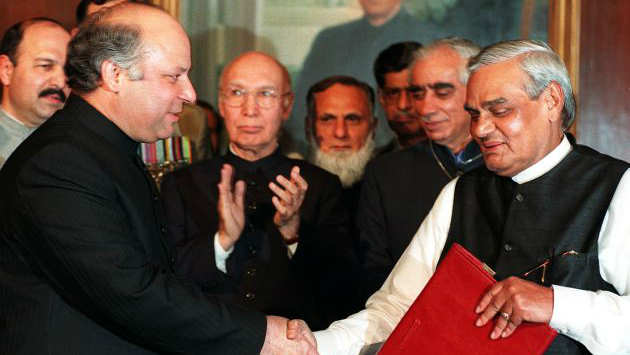
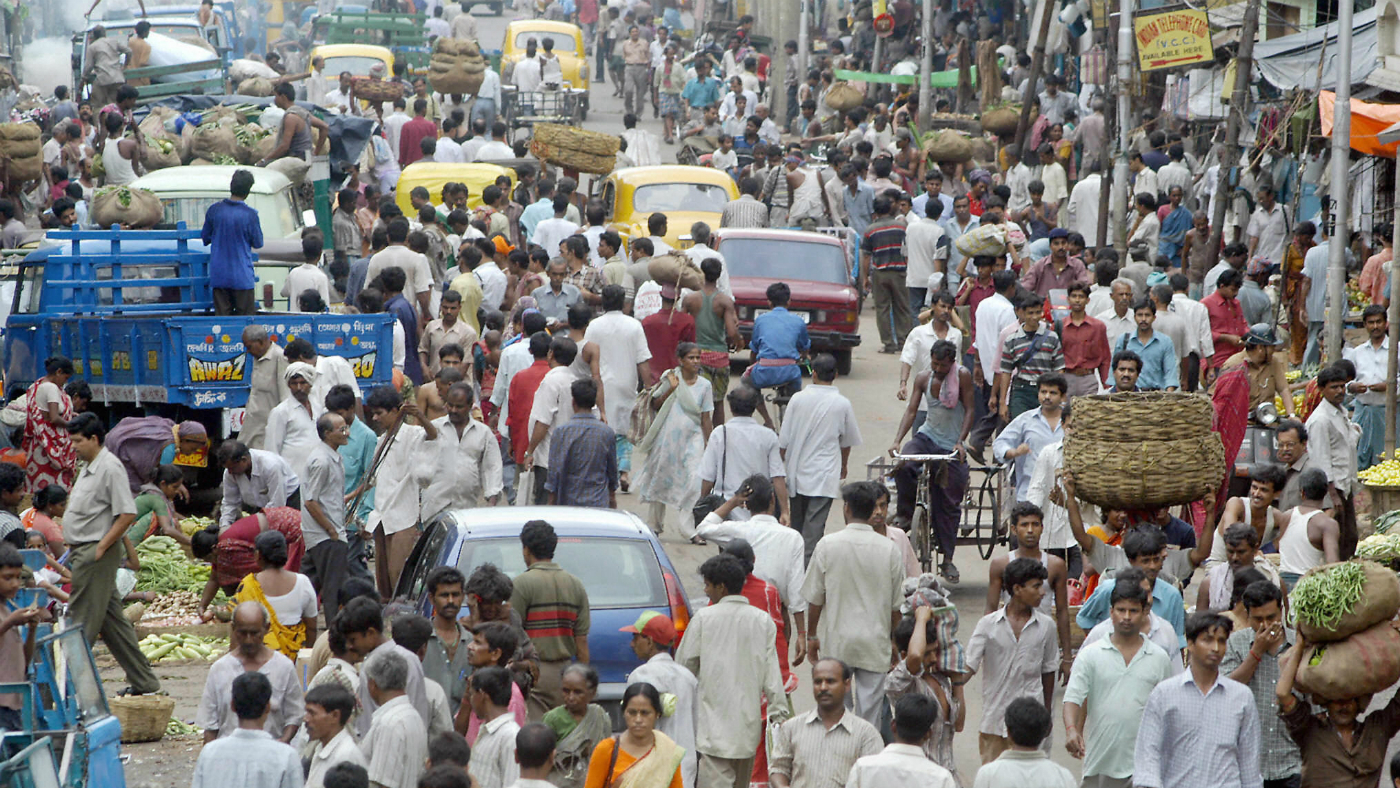
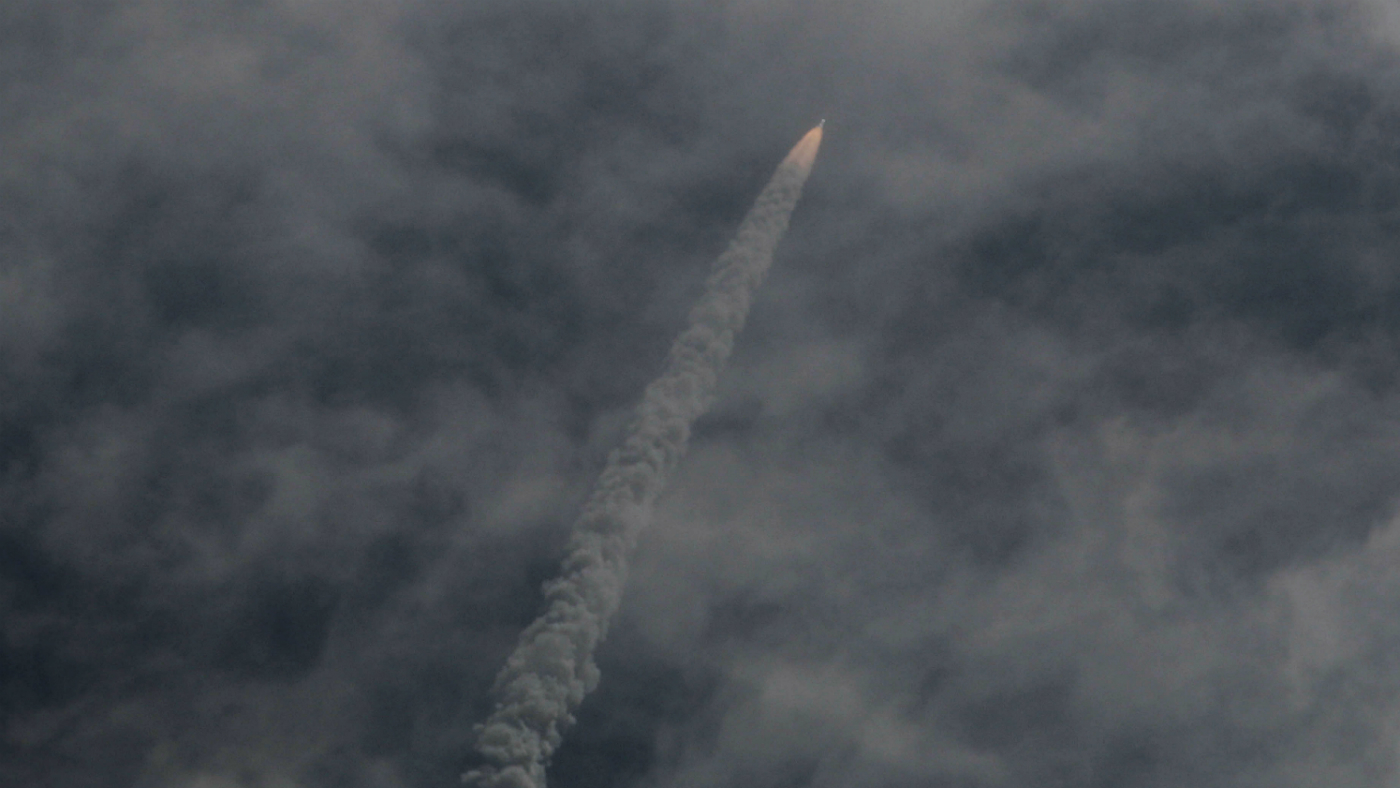
On Tuesday, India celebrates the 70th anniversary of partition, the controversial carving of British India into two nations by the departing British rulers. The country's colonial legacy can still be felt but modern-day India is looking forward more than backwards.
From partition came bloodshed, displacement and tension between the UK and India that has never fully subsided.
Britain, with its long and complex ties to India, has maintained strong relations with it, but as Brexit looms there are questions about the UK's future relationship with its former colony.
The Week
Escape your echo chamber. Get the facts behind the news, plus analysis from multiple perspectives.

Sign up for The Week's Free Newsletters
From our morning news briefing to a weekly Good News Newsletter, get the best of The Week delivered directly to your inbox.
From our morning news briefing to a weekly Good News Newsletter, get the best of The Week delivered directly to your inbox.
An emerged economy
Britain and India have had long-lasting economic and trade-based ties. In 2015, UK-India bilateral trade in goods and services was valued at £16.33bn. Britain was the third-largest direct investor in India in the 21st century after Mauritius and Singapore.
For decades, Britain has used its historical connections with India to gain an advantage over trade competitors. But now, as India embraces its status as the third largest economy in the world, forecasts by the British Council show that by 2050 "India's working age population could be larger than that of the US and China combined" and "its economy thirty times larger than today".
This presents an opportunity for the UK. "Profound ties of culture, history and language already give the UK a potentially strong foundation upon which to further deepen its relationship with India," the council writes, dismissing possible pitfalls relating to the UK's troubled past. "Although the legacy of the colonial era is complex, the priorities, sympathies and values of the two nations today are increasingly aligned."
A free daily email with the biggest news stories of the day – and the best features from TheWeek.com
Brexit could change everything, however, and the UK's handling of its approach to India will make or break its future relationship.
EU-India relations
The EU accounts for 18.7 per cent of India's exports and 13.8 per cent of imports, making the EU India's largest trading partner for both imports and exports. The EU's diplomatic service states that there is "untapped potential" for a trade deal between the EU and India to continue growing, highlighting the textile and agricultural sectors as target areas.
But numerous administrative difficulties have stalled a full- flowing trade agreement with India. The EU and UK blame each other for the difficulties.
UK immigration rules for Indians are strict, writes the New Statesman, while The Independent declares that future relations "could be at risk" due to visa policies.
The Daily Telegraph says EU "red tape" is standing in the way of a free trade deal, but that will disappear once Britain leaves the EU. So, depending on your view, Brexit could be a financial disaster or a gateway to a new generation of international relations.
Brexit: boom or bust?
"As far as India is concerned, if there is an entry point for us to the European Union, that is the UK, that is Great Britain," Indian Prime Minister Narendra Modi said in 2015 when he visited the UK.
Two years and one referendum later, the future looks less certain. The UK's departure from the EU will have a "mixed impact" on India's trading future, Politico predicts.
Germany has volunteered to "fill the void" as India's main gateway into the EU, with Angela Merkel saying it's "important" for the EU to proceed with the free trade agreement without the UK.
The EU-India agreement has stalled, in part, because of the UK's immigration policies and India's desire to maintain tariffs on Scotch whisky, so the EU may be "free to make more concessions" post-Brexit, The Guardian says.
Both the EU and the UK could be courting India after March 2019. A report by the University of Munich's Ifo Institute for Economic Research suggests that a new trade deal with India has the potential to double trade between the EU and India over a 10-year period.
But some commentators see it another way. The Daily Telegraph reported in April that research showed that "Britain will be able to increase its exports to India by more than £2 billion per year" after leaving the EU.
"The UK currently faces significant tariffs on its trade with India because of the European Union's failure to agree a free trade deal," the paper writes. "The deal has been held up for a decade by European Union regulations on intellectual property and data protection, with which India is refusing to comply."
"Remainers say it takes forever to get a trade deal. It takes forever if you are 27 countries trying to reach an agreement," former Conservative leader Iain Duncan Smith said.
Former business secretary Vince Cable says May's state visit to India last year was "humiliating", however, and that "India isn't buying Britain's trade charm offensive."
A Didar Singh, the secretary general of the Federation of Indian Chambers of Commerce & Industry (FICCI), stated during May's visit that the Brexit vote would "obviously" have consequences for about 800 Indian businesses operating in the UK.
"Exports from India to the UK will also decline because you've lost 18% of your pound's value," he said. "So if I'm sending something to the UK and getting a lower return on it, I'm going to have a think about that."
Shifting superpowers
From colony of the British Empire to the world's third-largest economy, India has grown into a behemoth that the world ignores at its peril.
The power balance has shifted considerably since 1947.
"India, no longer a subject of Britain, has appropriated the legacy of colonialism for itself and is intent on forging a fresh relationship," Quartz media reports.
Some UK politicians are still keen to wave the British flag, however. Before the referendum Boris Johnson said: "We used to run the biggest empire the world has ever seen, and with a much smaller domestic population and a relatively tiny Civil Service. Are we really unable to do trade deals?"
The answer isn't clear for Indian-owned private companies operating in the UK. "Jaguar Land Rover, for example, has said that it will 'realign its thinking' on UK investment, as has steel company Tata," writes Quartz Media.
"Post-Brexit Britain must remember that India's not the jewel in the crown of its empire anymore."
Cultural changes
The UK's future approach to India needs to be about more than trade, and include cultural and geopolitical ties.
A British Council report suggested there was a "growing disconnect between the UK and India", and that a "growing sense of frustration" has grown in India as some feel that a "colonial mindset still lingers with some people in the UK, as at times it appears that India is still not perceived or treated as an equal."
"At the same time, the UK is seen by some Indians as a country of diminishing relevance," the report continues.
Much about the future of relations between the UK and India is speculation, but there's room for optimism.
India's High Commissioner to the UK, Yashvardhan Kumar Sinha, insists that "the future of our relations [India-UK] is extremely bright", and that "there is consensus to forge special relations", the Indian Express reported earlier in August.
He added: "There will be a sea change in the India-UK relations when we celebrate the 75th anniversary of India's Independence day."